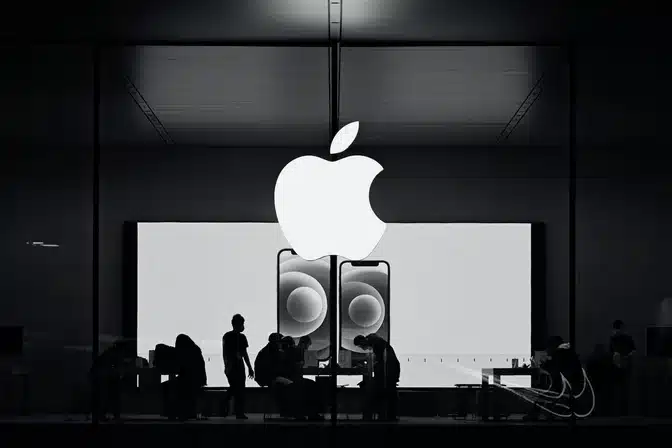Apple is once again in the spotlight for allegedly failing to comply with the European Union’s Digital Markets Act (DMA). Despite the law being in effect for over a year, critics claim Apple continues to make it nearly impossible for developers to use alternative browser engines on iOS.
The issue surfaced during a recent DMA compliance workshop in Brussels, where the Open Web Advocacy (OWA) group argued that Apple’s rules are stifling competition. According to OWA, Apple is blocking rivals like Google and Mozilla from switching their iOS browsers to their own engines.

How Apple Maintains Control
OWA says Apple uses two main tactics: preventing developers from releasing different versions of the same app and restricting testing outside the EU. These measures force developers to create entirely new apps for the European market—an expensive and complex process.
Apple’s legal team defended its approach, insisting that global compliance isn’t an option. “We are not going to export European law to the United States,” said Kyle Andeer, Apple’s VP of Legal. He stressed that Apple prioritizes security and privacy, which it claims could be compromised by third-party engines.
Developers Push Back
OWA disputes Apple’s reasoning, arguing that these restrictions are unnecessary hurdles. Volunteer James Heppell pointed out that most web developers operate globally and need to test apps outside the EU. Limiting this capability, he said, slows progress and reduces innovation.
Apple maintains it has created a “compliant solution” for the EU and is discussing testing issues with Mozilla and Google. However, critics remain skeptical, accusing Apple of dragging its feet to maintain control over the iOS ecosystem.
What’s Next?
The workshop was part of ongoing EU efforts to enforce the DMA on tech giants designated as “gatekeepers.” While the EU has not announced any immediate penalties, Apple has already filed an appeal challenging the scope of the DMA, arguing that it amounts to overreach.











